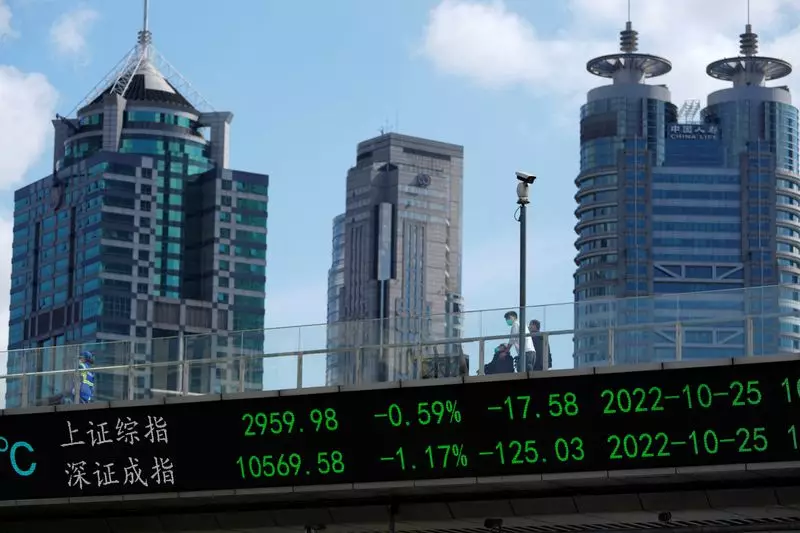The recent attempted assassination of former President Donald Trump has sent shockwaves through the global markets, with Asian assets being the first to react to the news. This incident has further intensified the already high political tension in the U.S., raising questions about the potential impact on trading and investing in Asia. This article will delve into the various factors at play and analyze the possible scenarios that could unfold.
The shooting incident has raised concerns about how it could impact Trump’s election hopes and in turn, influence market sentiment. Analysts have highlighted the possibility of ‘Trump-victory trades,’ which could include a stronger dollar and a steeper U.S. Treasury yield curve. The reaction of Asian markets to this development will be closely watched, as they could set the tone for trading in the coming days.
Apart from the political tension in the U.S., Asian investors have a slew of economic indicators to keep an eye on. From snowballing U.S. rate cut expectations to suspected Japanese FX intervention and a deluge of economic data from China, there is no shortage of factors influencing market behavior. The soft U.S. inflation data from last week has fueled expectations of rate cuts by the Fed, starting as early as September.
China, being the largest economy in Asia, holds significant importance for investors. The release of June economic data, including house prices, industrial production, retail sales, and Q2 GDP figures, will provide insights into the health of the Chinese economy. Analysts are keeping their expectations low, with forecasts pointing to a slowdown in growth compared to previous readings. The prolonged property crisis and weakening consumer demand continue to pose challenges for China.
Japanese markets, although closed for a holiday, are not immune to the prevailing market sentiment. The yen, which recently hit a four-week high against the U.S. dollar, has attracted attention due to its sharp rally. Speculations about Japanese FX intervention have led to increased volatility in the currency markets. The yen’s surge has already caused a significant slump in Japanese stocks, indicating the impact of currency movements on equity markets.
Looking beyond China and Japan, India’s wholesale price inflation is also in focus, with expectations of a sharp rise in June figures. The inflation rate is projected to accelerate from the previous month, signaling potential challenges for the Indian economy. As global markets navigate through uncertain times, developments in India’s inflation could add another layer of complexity to the investment landscape.
The U.S. political tension following the attempted assassination of former President Trump has reverberated across Asian markets, triggering fluctuations in asset prices and currencies. As investors grapple with a myriad of economic indicators and geopolitical developments, the need for a cautious approach to trading and investing becomes paramount. The evolving situation warrants close monitoring and adaptability to navigate through the turbulent waters of the global financial landscape.

